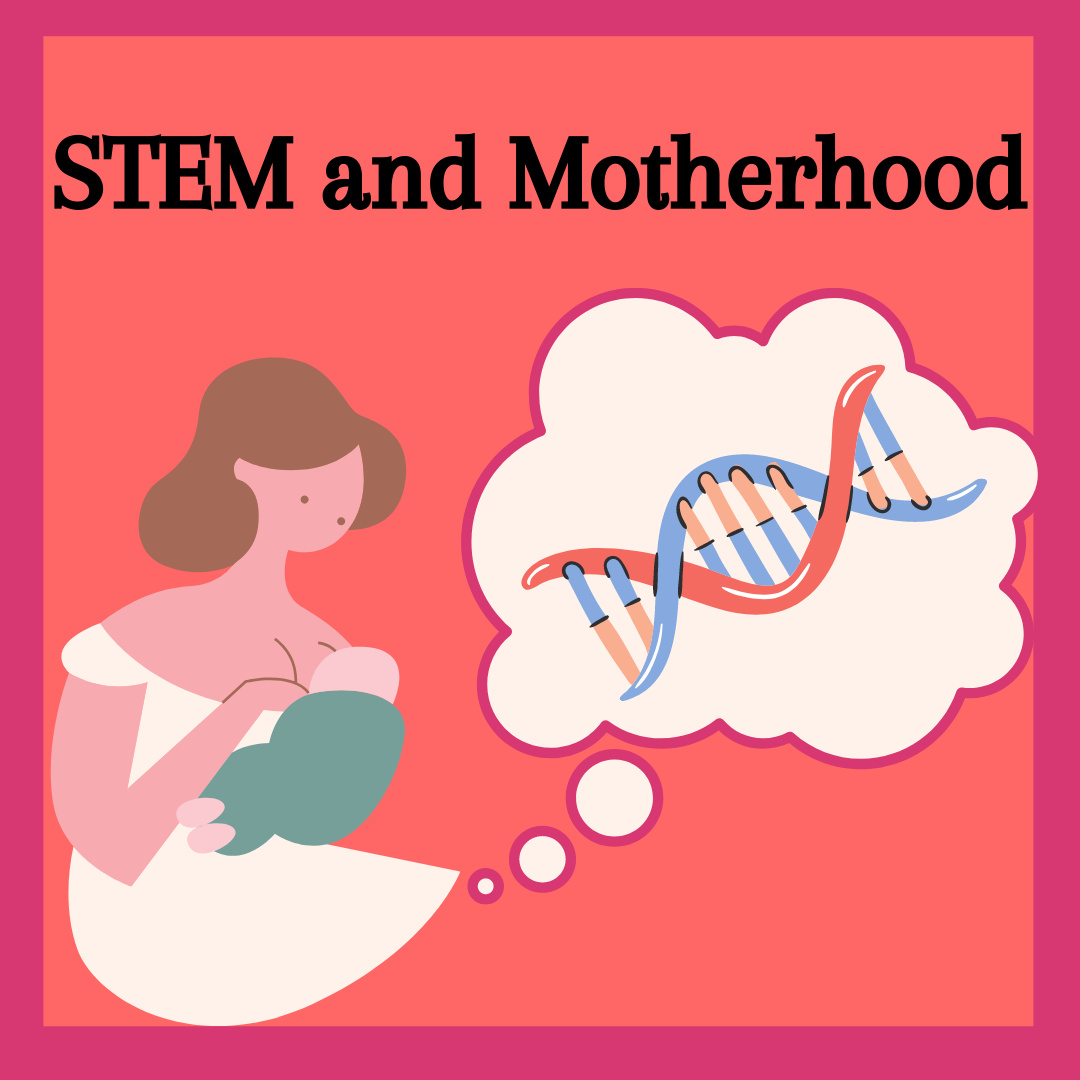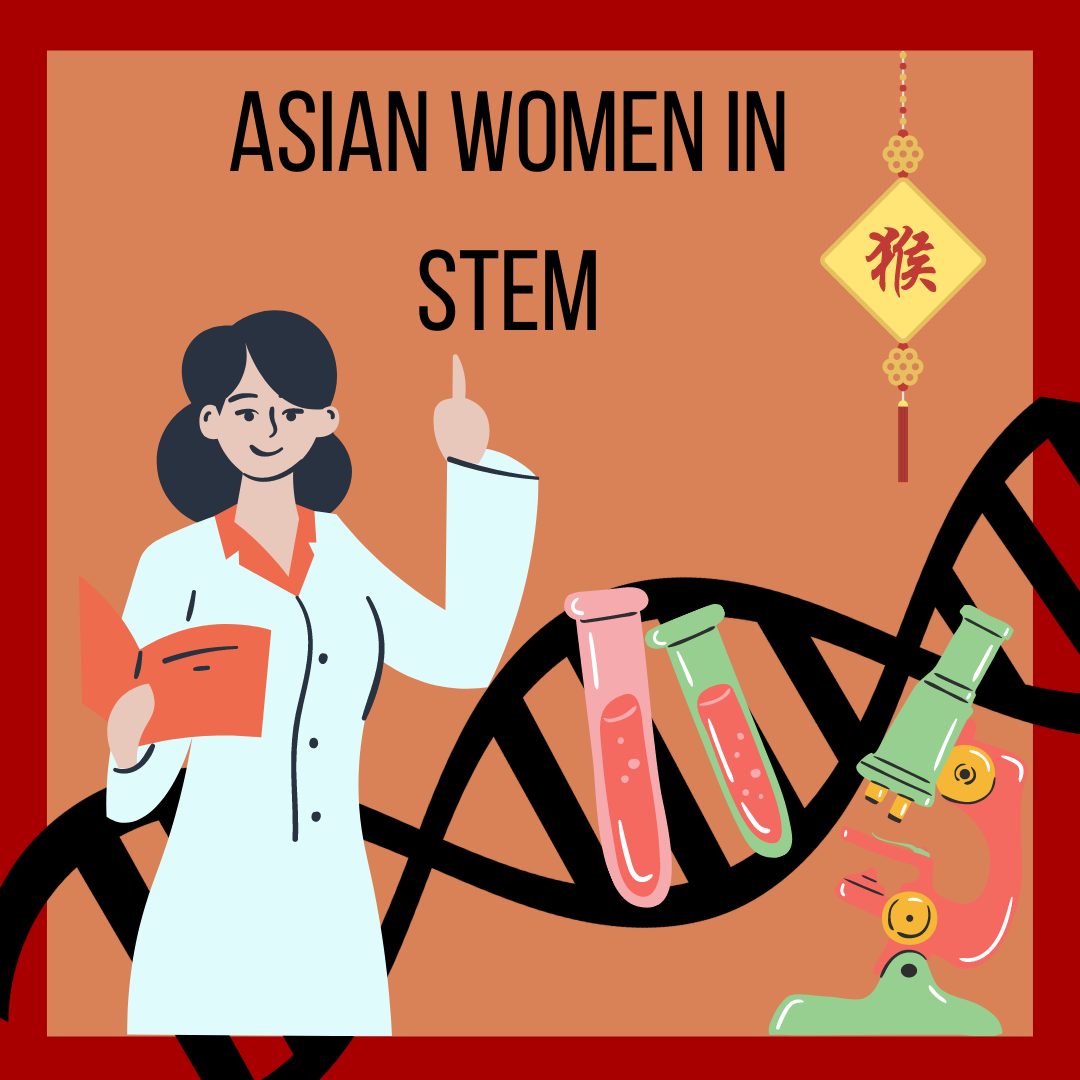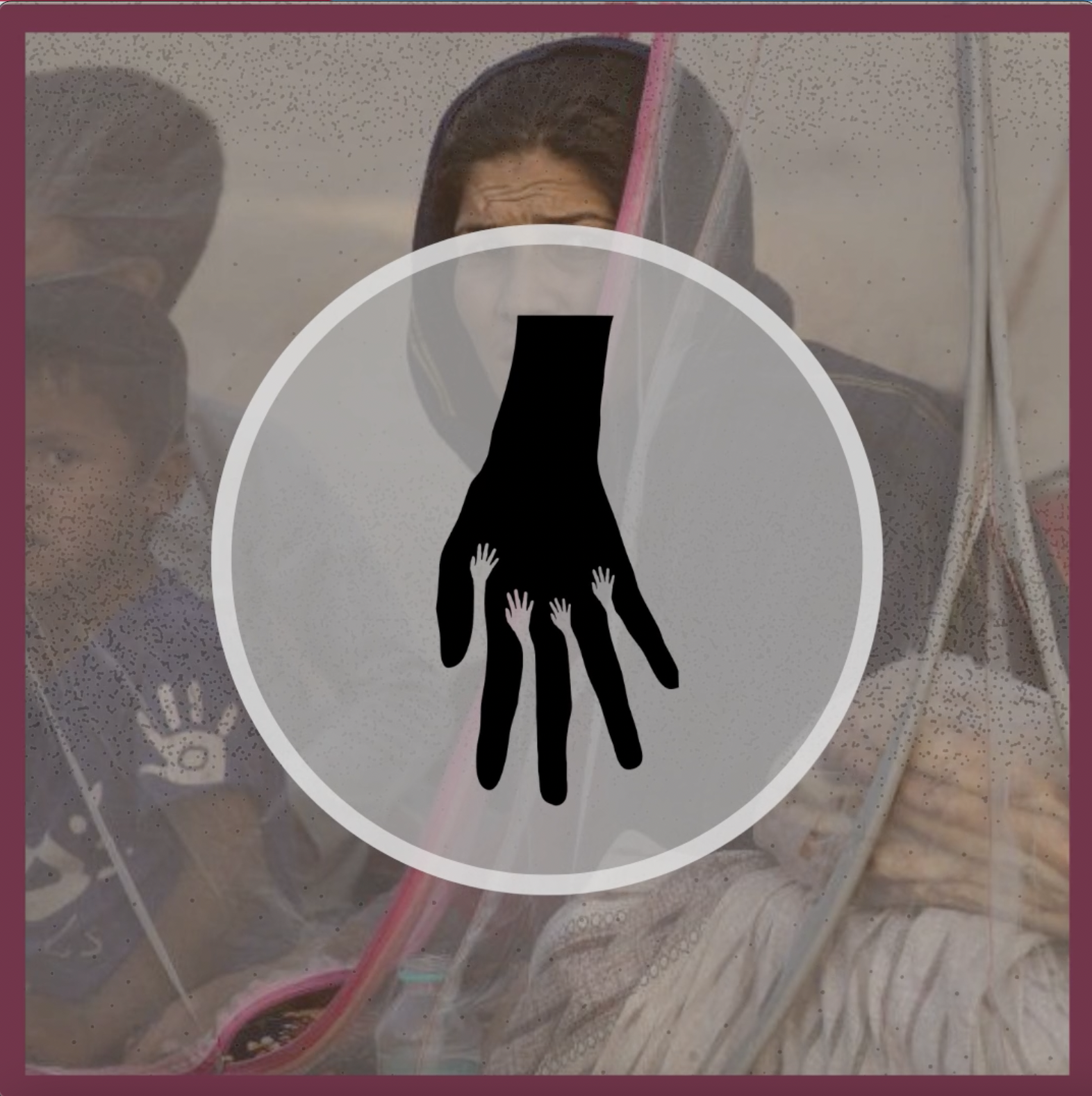As the conditions of the planet Earth become unpredictable, humanity cannot ignore the topic of climate change any longer. While many people in the world stay dismissive towards our alarming situation, Miranda Wang and Jeanny Yao have made astounding progress in decreasing and reusing our waste to keep our world green.
Miranda Wang and Jeanny Yao are two Canadians who have been friends since high school. When visiting a waste transfer station in Vancouver, they realized the amount of waste that humanity was generating. Ever since then, they dedicated their lives to changing the system through their co-founded company, Novoloop.

”Novo means as good as new. Loop signifies our focus on the plastic circular economy.”
– Novoloop website
Understanding Plastic
Wang and Yao, in their high school years, started to collect as much knowledge as possible about plastic pollution to begin developing their solution. They both entered the Sanofi BioGENEius Challenge, a Canadian science competition. While developing their project, they learned about a lifeform that can break down plastic: soil bacteria. They won magnificently and even were invited to deliver a TED Talk about fighting plastic waste.
Afterwards, Wang went to the University of Pennsylvania and studied molecular biology and engineering entrepreneurship, while Yao went to the University of Toronto to study biochemistry and environmental science. Wang and Yao then went on to create Novoloop, formally named BioCollection in Menlo Park, California, and researched many waste management plants all over America. They eventually discovered that polyethylene (PE), a polymer popularly used in many plastic items, is the most difficult to recycle. Wang and Yao, alongside a group of fiery scientists, set out to recycle the seemingly impossible.
“Over the past six years, we’ve built a team of scientists who share our passion for this problem and created our current technology. In short, we feel there was never a choice for us not being in the recycling sector.”
– Miranda Yang
Experiments and Successes
During their research, Miranda Wang and Jeanny Yao discovered that chemical methods produced the most results and went on to develop the Accelerated Thermal Oxidative Decomposition (ATOD) process. This ATOD process essentially breaks down polyethylene enough so that we can reconstruct it into something new. This is done by heating it up while adding and removing acid. Not only does the ATOD process purify the polymer so that we can reuse it, but it makes it last longer and decreases CO2 emissions by up to 68%. Using their now patented ATOD process, they created a new kind of upcycled plastic called XIRC. This is the first product to be made of, at most, 50% recycled material.

Struggles and Solutions
When the world is accustomed to a certain way of life, it is difficult to break that cycle, especially when it comes to recycling. What motivated Wang and Yao the most for this cause of reducing plastic waste lies in social injustices. Plastic items and processing is cheaper, which causes plastic use to be dominant in low-income communities. Processing plastic leads to plastic poisoning in the surrounding environment and people. This leads to many people disliking the recycling process.
Additionally, most people, when they think of recycling, believe that the end result is flimsy and ultimately inferior to the original product, making them less likely to buy or use recycled materials. Wang and Yao do their very best to ensure that their process and products are economically friendly and effective. The poisons usually produced in plastics are significantly lowered in the ATOD process. Additionally, the XIRC material is so durable that it could even be used to create shoes. To make progress, one must understand the dilemma and stigma behind issues they are battling, and create something that the public can trust, so it can become a staple in society.
“We like to get stuff done, and we like the feeling of people working together toward the same goal. That energy is really contagious, and it puts us in our best mode.”
– Miranda Yang
Change for Climate Change
It is easy to feel complacent in this world and its systems, but sometimes, you need to look at your surroundings from an outside perspective to make necessary change. This shifting climate has started to take major tolls all over the world and even though it may seem overwhelming, the smallest action can contribute to helping the climate. From recycling to buying from waste-free companies, to lobbying politicians to care more about climate change, every step counts. Miranda Yang and Jeanny Yao knew that something needed to change in the world and took crucial steps to make that happen. Let their story be a lesson that you too can help make the world a better place, as long as you take that first step.
“Women in Science, we exist.”
If you like this post, you may like some of our other work too!
- March 2022
- August 2021
- July 2021
- June 2021
- May 2021
- April 2021
- March 2021
- February 2021
- January 2021
- December 2020
- November 2020
- October 2020
- September 2020
- August 2020
- July 2020
- June 2020
- May 2020
Subscribe to help us keep you updated with new posts!




Leave a Reply